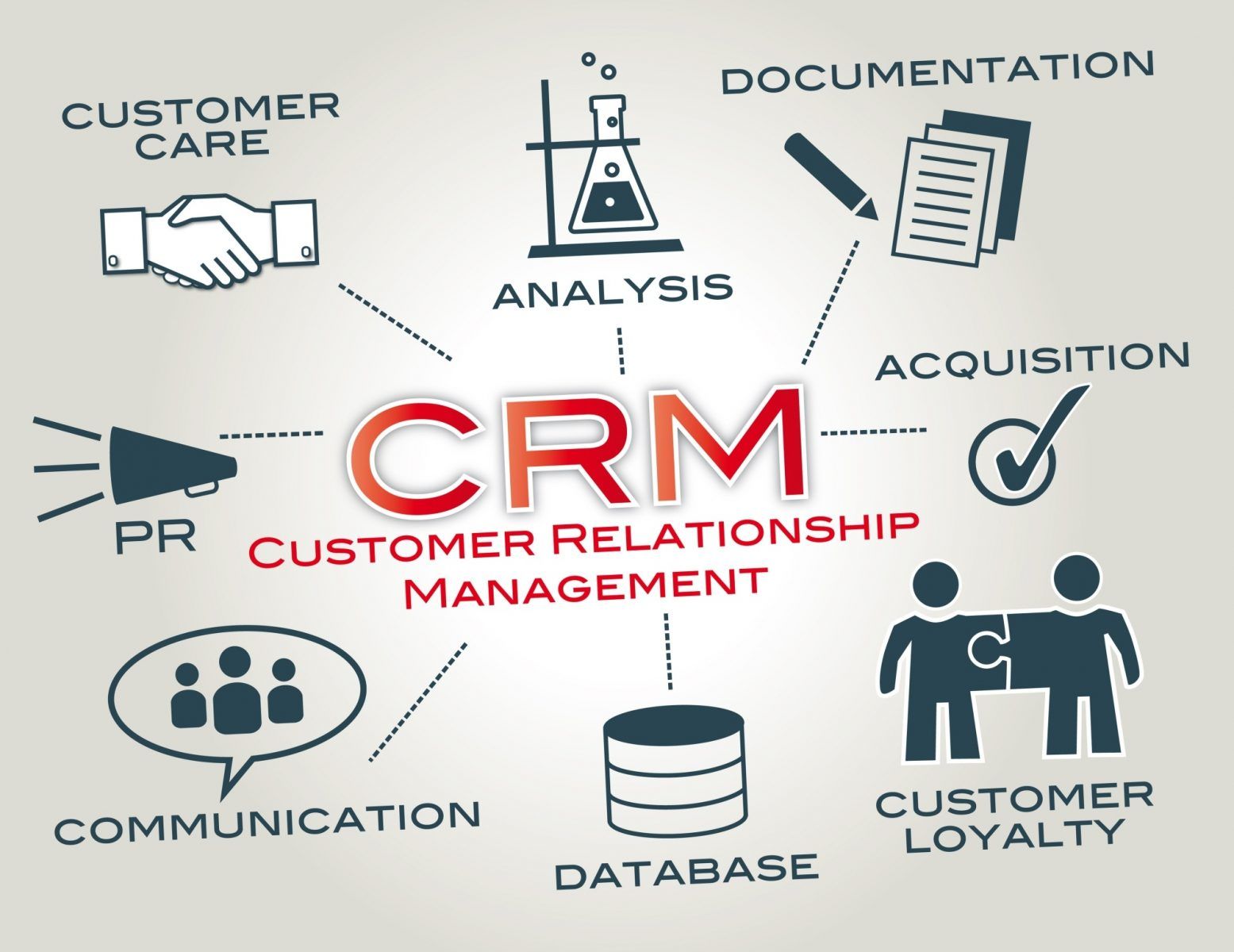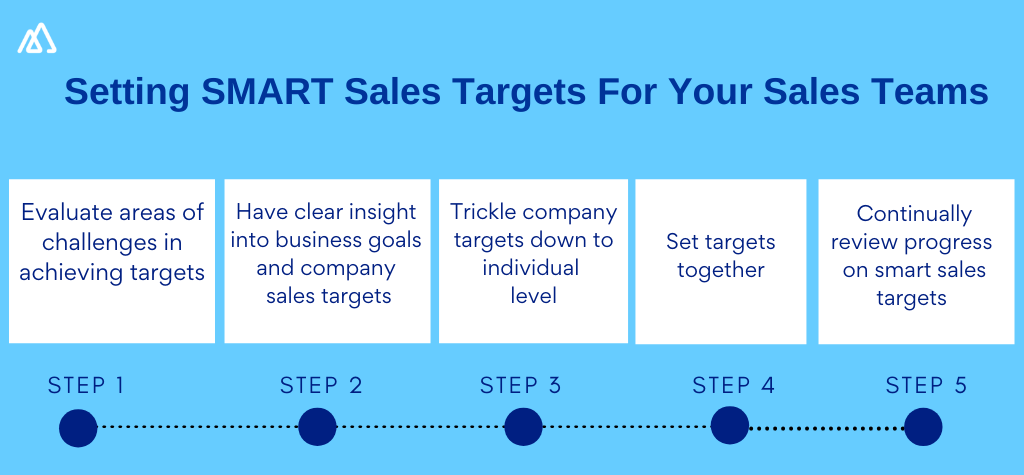
How CRM and Sales Tools Work Together for Success
- 0
Customer Relationship Management (CRM) systems and sales tools are crucial for any business looking to streamline their sales process, improve customer relationships, and increase revenue. While CRM and sales tools can be beneficial on their own, they are most effective when used together.
The Role of CRM in Sales
A CRM system is a powerful tool that helps businesses manage their interactions with current and potential customers. It allows companies to track customer information, communication history, purchase history, and more. By using a CRM system, sales teams can better understand their customers' needs and preferences, leading to more personalized interactions and improved customer satisfaction.
Benefits of CRM in Sales:
- Improved customer relationships
- Increased efficiency in the sales process
- Better tracking of sales performance
- Enhanced sales forecasting and reporting
- Centralized customer data for easy access
The Role of Sales Tools in Sales
Sales tools are software applications or platforms that help sales teams automate repetitive tasks, track sales activities, and manage leads effectively. These tools can range from CRM systems to email marketing platforms, social media management tools, and more. Sales tools help sales reps work more efficiently, close deals faster, and ultimately drive revenue growth.
Benefits of Sales Tools in Sales:
- Automated lead management and tracking
- Improved communication with prospects and customers
- Enhanced productivity through automation
- Real-time analytics for informed decision-making
- Integration with other business tools for seamless operations
How CRM and Sales Tools Work Together
When CRM and sales tools are integrated, they create a seamless sales process that empowers sales teams to work more efficiently and effectively. Here are some ways CRM and sales tools work together for success:
1. Lead Management
A CRM system can help sales reps organize and prioritize leads, while sales tools can automate lead nurturing activities such as email outreach and follow-ups. By combining CRM data with sales tools, reps can deliver more personalized and timely communication to prospects, increasing the chances of conversion.
2. Sales Pipeline Visibility
CRM systems provide visibility into the sales pipeline, allowing sales managers to track deals at every stage of the sales process. When integrated with sales tools, this visibility becomes even more powerful, enabling sales teams to identify bottlenecks, track key performance metrics, and make data-driven decisions to accelerate the sales cycle.
3. Reporting and Analytics
CRM systems offer robust reporting and analytics capabilities that provide insights into sales performance, customer behavior, and revenue trends. By combining CRM data with sales tools, sales teams can access real-time analytics on key metrics, track the effectiveness of sales campaigns, and optimize their sales strategy for better results.
Conclusion
CRM systems and sales tools are essential for driving sales success in today's competitive business environment. By integrating CRM and sales tools, businesses can streamline their sales process, improve customer relationships, and increase revenue. Leveraging the power of CRM and sales tools together can give sales teams a competitive edge and help businesses achieve sustainable growth and success.

